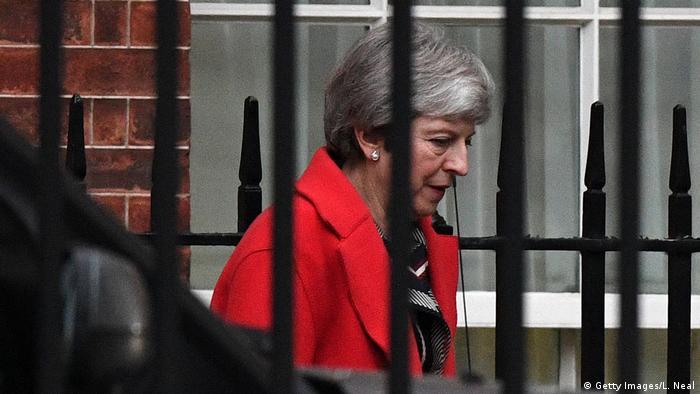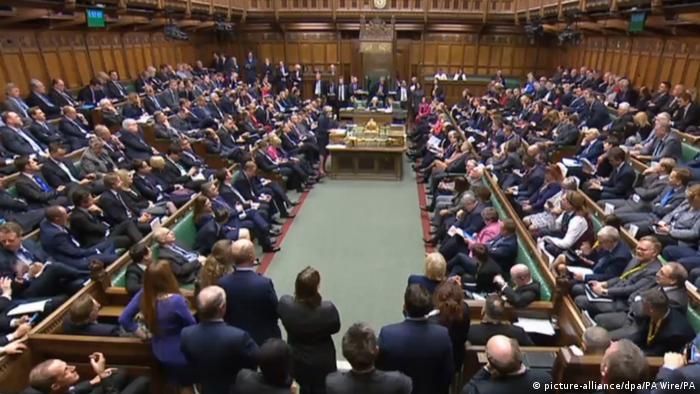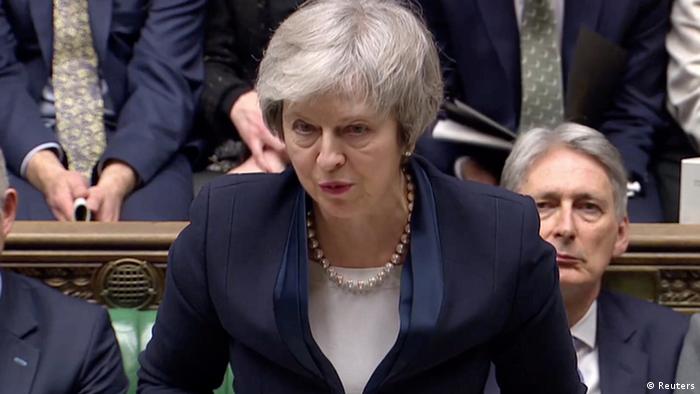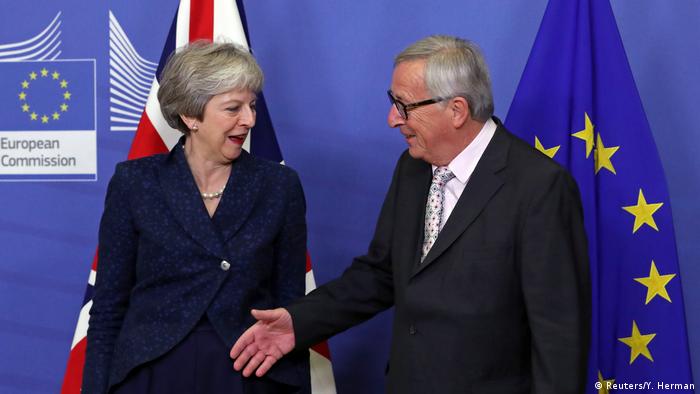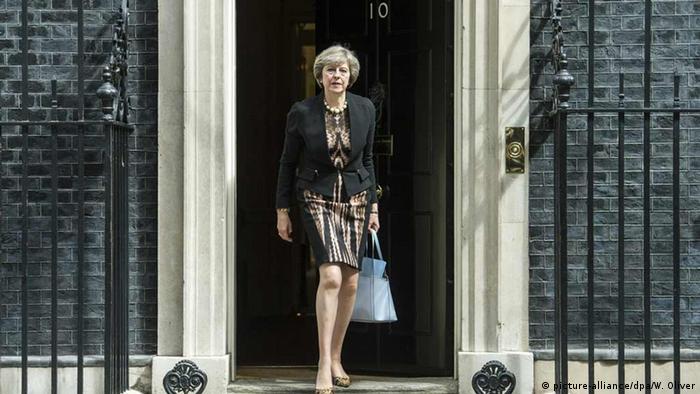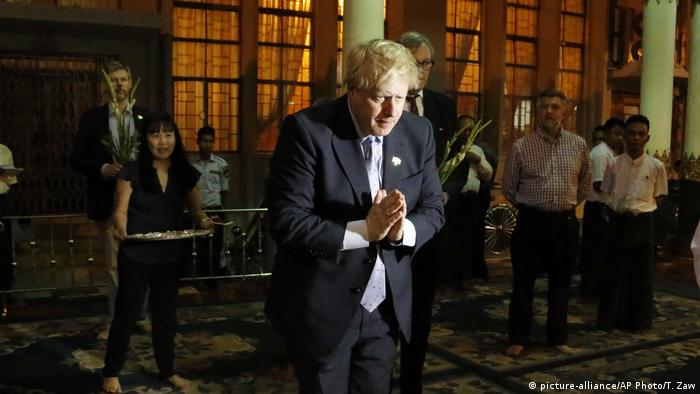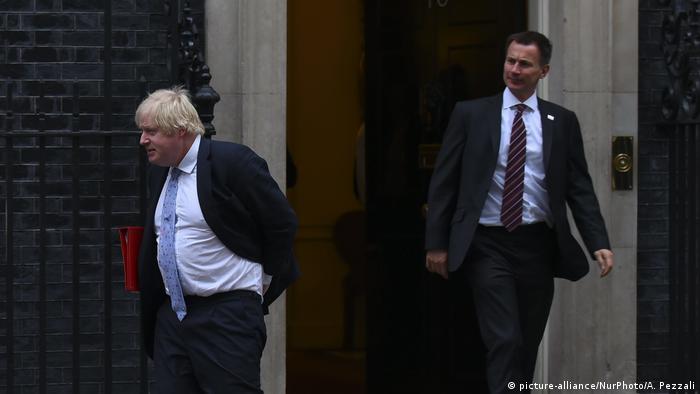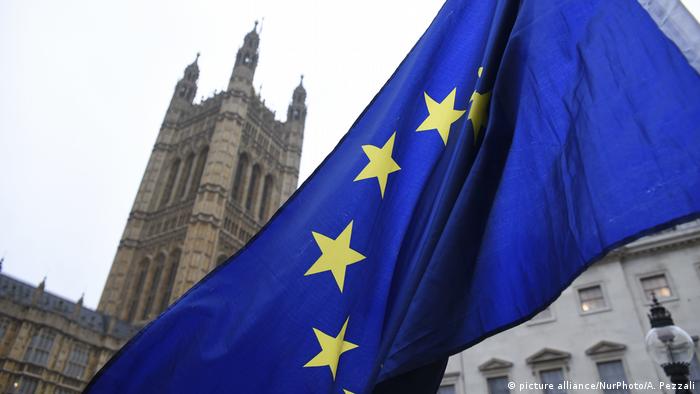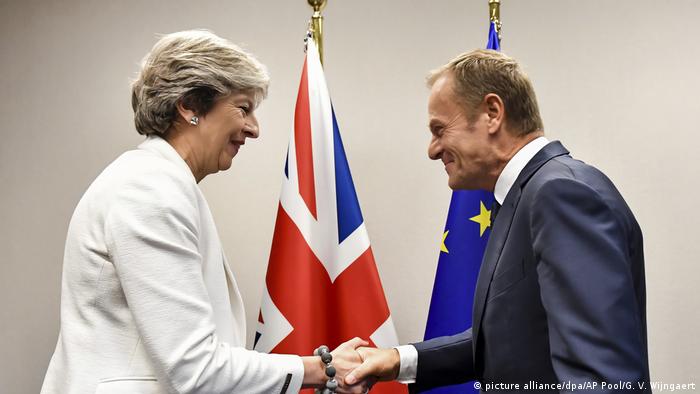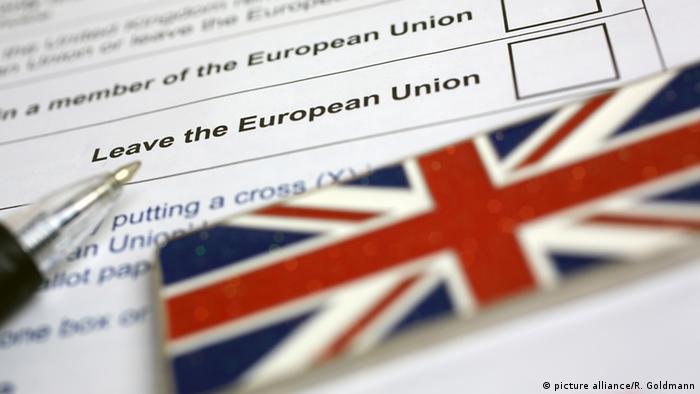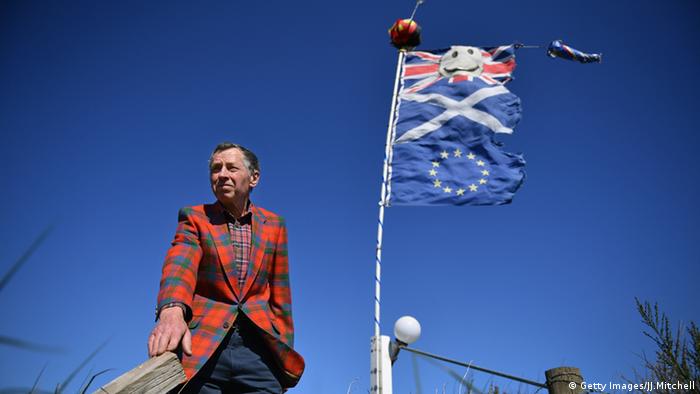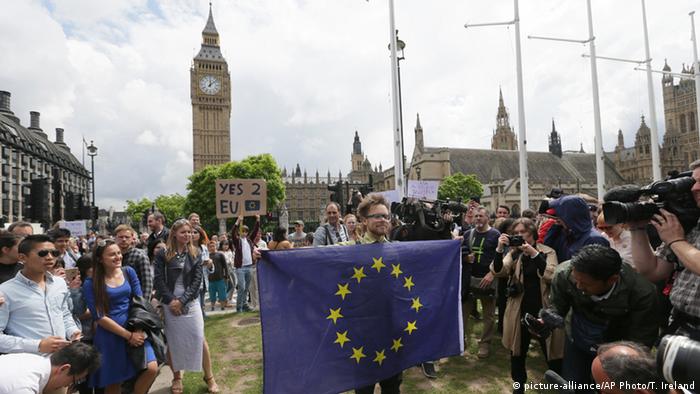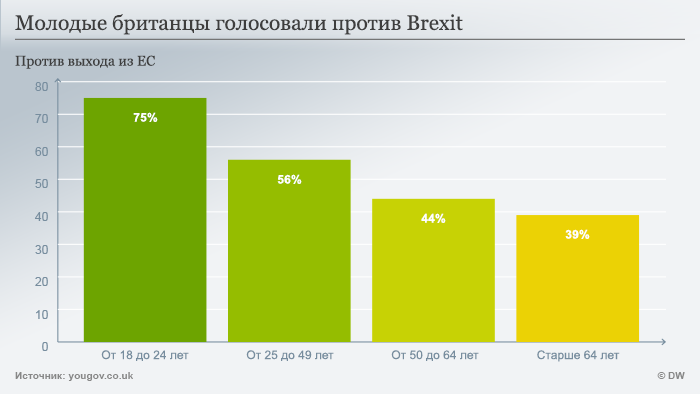Deputies of the House of Commons of the British Parliament approved in the preliminary, second, reading a bill on the internal market, which involves the introduction of unilateral changes to the agreement on London’s exit from the EU. The document on Monday, September 14, was supported by 340 legislators, 263 opposed. Thus, the discussion of the draft law enters a new stage: ahead – detailed discussions on the text, scheduled for this week and next.
British Prime Minister Boris Johnson has defended his plan to retroactively rewrite the Brexit deal with the EU, calling his initiative a defense against an EU that could take “extreme and unwise” moves with its former member. “I have absolutely no desire to resort to these measures,” – said Johnson, presenting the bill in the House of Commons. “This is a policy that gives us insurance,” the prime minister said.
A number of members of the Conservative Party, which introduced the bill to parliament, refused to support the document, which, as the government itself admits, provides for the possibility of UK violation of international law.
Northern Ireland – a stumbling block
The document contains the changes that are supposed to be made to the agreement on Britain’s withdrawal from the EU. The essence of the controversial bill is that Northern Ireland and after the end of the transition period at the end of the year will be guaranteed “unlimited access” to the British domestic market, the same applies to unlimited exchange of goods.
The draft law provides for the possibility of derogation from the provisions of the Northern Ireland protocol, which, according to the Prime Minister, in its current form allows the EU to impose any tariffs on goods moved from Northern Ireland to the UK.
The dialogue between the EU and the UK on relations after Brexit resumed in mid-August after a short summer break. Michel Barnier, head of the EU delegation to London, said on August 19 that “with or without an agreement” changes are inevitable, and businesses and citizens should prepare for them. The next round of trade negotiations with the EU took place in London on September 8.
See also:
-
Brexit: UK-EU divorce is tough
May survives second vote of no confidence
After the failure of the vote in the British parliament on the agreement to leave the UK from the EU, MPs voted on a vote of no confidence in the government of Theresa May. The Prime Minister won the victory thanks to the support of Conservative MPs and allies from the Democratic Union Party.
-
Brexit: UK-EU divorce is tough
The crushing defeat of the Brexit plan in the British parliament
The lower house of the British parliament on January 15 rejected the agreement to withdraw the UK from the European Union. 432 deputies spoke out against the document, 202 supported it. No less than 320 votes were needed to pass the agreement. London is to submit an alternative Brexit plan within three days.
-
Brexit: UK-EU divorce is tough
Conservatives failed to pass a vote of no confidence to Theresa May
A number of Conservative MPs in the British parliament have initiated a vote of no confidence in Prime Minister Theresa May by their faction. The reason was the “Brexit” plan agreed by May with the EU, which is disadvantageous, according to the conservatives, for Great Britain. May retained her post as prime minister and postponed the parliamentary vote on Brexit, previously scheduled for December 11, to mid-January.
-
Brexit: UK-EU divorce is tough
Brussels and London agree to leave the UK from the EU
On November 25, at an extraordinary summit in Brussels, the heads of state and government of the 27 EU countries approved the Brexit agreement with Great Britain. The 585-page agreement on Britain’s withdrawal from the European Union was supported by the leaders of all European countries. European Commission President Jean-Claude Juncker described the deal as “the best possible” and called it a fair compromise. “
-
Brexit: UK-EU divorce is tough
May for the soft Brexit
Theresa May, who took over as British prime minister after the resignation of David Cameron, who opposed the country’s exit from the EU, supports the model of soft Brexit. In particular, after the government agreed on a collective position on July 6, 2018, May announced that the UK was in favor of creating a free trade area with the EU after Brexit.
-
Brexit: UK-EU divorce is tough
Dissenters resigned
Initially, David Davis resigned – the UK’s exit minister from the EU. Then – the Minister of Foreign Affairs, supporter of “Brexit” Boris Johnson. They nullified Prime Minister Theresa May’s attempt to rally her cabinet to implement a soft exit from the EU. In turn, Johnson said that the implementation of “Brexit” requires the Prime Minister to take a tougher stance towards the EU.
-
Brexit: UK-EU divorce is tough
Foreign Ministry headed by Brexit opponent
Boris Johnson was replaced as British Foreign Minister by Jeremy Hunt, who had previously served as the country’s health and social affairs minister. Unlike Johnson, who advocated a complete “divorce” from the European Union, Hunt was previously known as an opponent of the country’s exit from the EU. Davis, who had also retired, was replaced by Dominic Raab.
-
Brexit: UK-EU divorce is tough
What is soft Brexit
The soft Brexit option declares the absence of checks on the border between Ireland and Northern Ireland. It is also expected that the EU and the UK will develop a “joint institutional framework” for the consistent interpretation of legal agreements between them. Finally, May’s cabinet approved a principle to avoid customs checks after March 29, 2019, the entry into force of Brexit.
-
Brexit: UK-EU divorce is tough
Brussels welcomes London’s decision
Michelle Barnier, head of the EU’s Brexit delegation, has already hailed the UK government’s deal on Twitter, but added: “We will evaluate these proposals and see if they are practical and realistic.” Brussels expected London to voice concrete proposals at the recent EU summit, but this did not happen.
-
Brexit: UK-EU divorce is tough
Historical decision
The referendum on Britain’s withdrawal from the European Union took place on June 23, 2016. 51.9 percent of voters opted for Brexit. More than 33.5 million Britons took part in the referendum, the turnout was 72.1 percent. Before, no state has left the EU, which was established in 1992.
-
Brexit: UK-EU divorce is tough
How the UK voted on Brexit
The United Kingdom consists of England, Scotland, Wales and Northern Ireland. The voting outcome in them turned out to be heterogeneous. If in England (53.4%) and Wales (52.5%) they voted in favor of leaving the EU, then in Scotland and Northern Ireland the majority was in favor of retaining Britain’s membership in the European Union – 55.8% and 62% of the local population, respectively …
-
Brexit: UK-EU divorce is tough
Metropolitan view
Greater London became the only one of nine regions in England to vote to retain Britain’s EU membership. 59.9 percent of participants in the referendum here were in favor of Britain remaining part of the European Union.
-
Brexit: UK-EU divorce is tough
Young Brits vs. Brexit
75% of Britons aged 18 to 24 who participated in the referendum voted against the country’s exit from the EU. On the other hand, 61% of voters over 65 voted for Brexit. In the 25-49 age group, 56% supported EU membership, while the same percentage of Britons aged 50-64, on the contrary, voted for Brexit.
Author: Ilya Koval, Natalia Pozdnyakova, Marina Baranovskaya

